
Pension funds: should they be financing infrastructure in Africa?
Infrastructure as an asset class can provide a distinct addition to African pension and investment portfolios and is increasingly being considered.

Infrastructure as an asset class can provide a distinct addition to African pension and investment portfolios and is increasingly being considered.

Africa’s has the potential to become the next private equity hotspot. Merely looking at the energy infrastructure sector, “600 million Africans are not connected to the electricity and public investment will not be sufficient,” says Graham Sheward, Managing Director of SGG Mauritius.
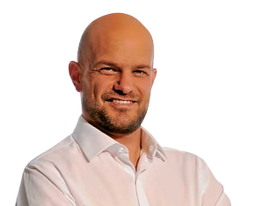
When it comes to investing, the quote above from Albert Einstein is extremely apt; especially today, when many investors are concerned about where future returns will come from.

The recent ruling by the Supreme Court of Kenya to nullify the results of the presidential election caught Kenyans and the rest of the world off-guard. After a tension-filled election period most Kenyans were trying to settle into their normal routines amid calls by the international community that the election results of the August polls should be accepted.
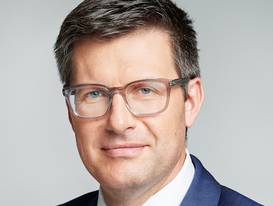
In an industry-changing move, the amended Pension Fund Act regulations which came into effect on September 1, 2017, bring about welcomed reforms. But, implementation could pose challenges for trustee boards that are already grappling with limited governance bandwidth.
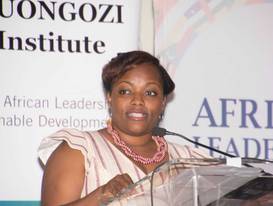
Africa has the fastest-growing economies in the world as well as the youngest population expected to double by 2055. This growth presents an opportunity to transform this youth boom into a catalyst for industrialising Africa or it can undermine the progress that has been made. The real question is "what do we do with the youth and how to develop their capacity to unlock their potential to be positive agents of change and contribute towards job-creation?
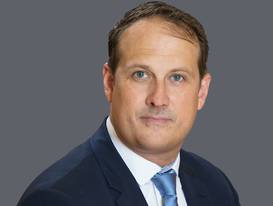
In recent years there has been a shift in the power base of private equity (PE) investment in Africa from the oil rich West to the new emerging economies of Kenya, Uganda and Tanzania in the East, write James West (pictured) and Perry Yam, Partners at Mayer Brown.
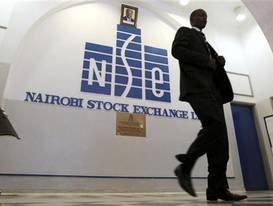
In the early days of 2017, Kenyan stocks were trading near their lowest valuations in years. At that time, 27 of the 66 companies listed on the Nairobi Securities Exchange (NSE) had grown their earnings at an average rate of more than 10% during the preceding five years, and 16 of them had grown in excess of 15%. But despite this broad-based growth, the market as a whole traded at a price-to-earnings ratio of just 12.7 and sported an average dividend yield of 6.3%. Nearly half of all listed firms (29 to be exact) traded at a discount to their net asset values.
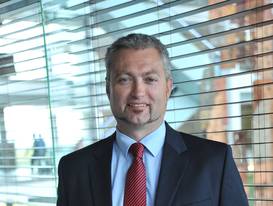
The brilliant thing about working in Africa is the continent’s ability to change - and adapt - almost instantly. While at first glance this is often interpreted as a challenge or a risk, the importance of adopting a glass-half-full approach has never been more essential than in Africa’s current real estate environment.

It is almost impossible to ignore robo-advice creeping in to the financial services space and financial services providers (FSPs) should be looking to ways to keep up with the changing times, particularly to stay in consideration and current for millennial investors.

Investors and gamblers are both driven by the thrill of taking chances in order to make their money work for them. While the two disciplines may at first seem quite different, there are actually plenty of similarities between investing and betting.

The current muted growth environment in Africa presents a unique opportunity for private equity (PE) managers to demonstrate their expertise and generate value-add without the momentum of a commodity upswing, or a booming Chinese, investment-driven growth trend. Tough economic times call for cost cutting and in the investment sector, bigger cuts are usually required. Africa’s PE managers are proving how resourceful they truly are by doing just that and, in some instances, generating growth above market rate.
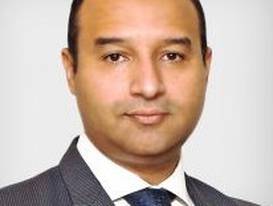
How can the country return to form in smoothing the path for foreign investors seeking opportunities in Egypt, and also competing on a global scale? And what do the new Investment laws entail in practical terms?
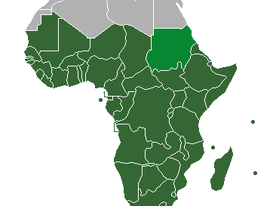
An uptick in Africa’s economic growth seems well underway. This will most likely prompt forecasters like the International Monetary Fund (IMF) to upgrade their growth forecasts for 2017 and 2018. The laggards are likely to be those commodity exporters that are not allowing their economies to adjust to a low commodity price environment. These countries have been consistently employing a whole host of measures to restrict imports and, perhaps inadvertently, capital flows. These measures have included FX rationing and market segmentation.